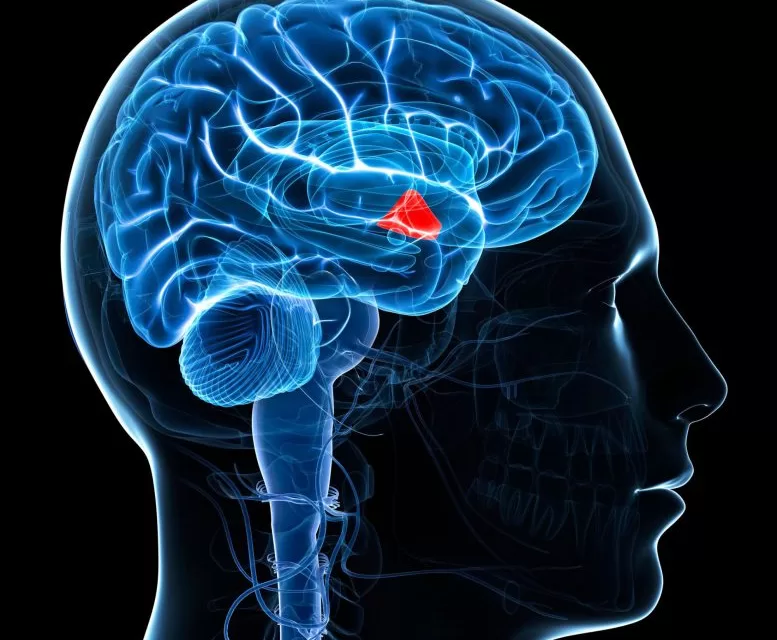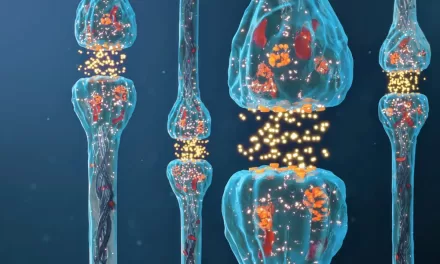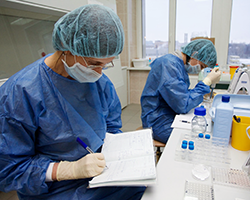Cambridge scientists are at the forefront of groundbreaking research to develop brain implants aimed at repairing damage caused by Parkinson’s disease. The project, co-led by Professor George Malliaras from Cambridge’s Department of Engineering, is part of an £69 million ($85 million) funding initiative by the Advanced Research + Invention Agency (ARIA). This initiative seeks to revolutionize treatments for neurological and neuropsychiatric disorders.
A Pioneering Approach
The research focuses on using midbrain organoids—small clusters of brain cells—to create advanced neural interfaces. These will be tested in animal models of Parkinson’s disease, with the ultimate goal of restoring normal brain function in patients. Malliaras is collaborating with Professor Roger Barker from the Department of Clinical Neurosciences, along with experts from the University of Oxford, Lund University, and BIOS Health.
Their work is among 18 projects funded under ARIA’s Precision Neurotechnologies program, which brings together interdisciplinary teams from academia, non-profit R&D institutions, and startups. Over the next four years, ARIA’s funding aims to address critical gaps in brain-interface technologies, unlocking new possibilities for treating complex conditions such as Alzheimer’s, epilepsy, and depression.
Addressing Parkinson’s Disease
Parkinson’s disease is a progressive neurological disorder caused by the loss of dopamine-producing brain cells, leading to movement difficulties, tremors, and other symptoms. Current treatments, such as dopamine-based drugs, can be effective in the early stages but often result in severe side effects over time.
In the UK alone, approximately 130,000 people are living with Parkinson’s disease, costing affected families an estimated £16,000 per year on average, and contributing to an annual economic burden of over £2 billion. With an aging population, the demand for more effective treatments continues to rise.
One promising avenue involves transplanting new dopamine cells into the brain, but success has been limited by difficulties in integrating these cells into existing brain networks. The ARIA-funded project seeks to overcome this challenge by placing midbrain organoids in targeted areas of the brain, using advanced materials and electrical stimulation to enhance their connectivity and repair damaged pathways.
Transforming Brain Disorder Treatments
“Our ultimate goal is to create precise brain therapies that can restore normal brain function in people with Parkinson’s,” said Professor Malliaras.
ARIA Programme Director Jacques Carolan emphasized the need for innovative brain-interface methods: “To date, there’s been little serious investment into methodologies that interface precisely with the human brain, beyond ‘brute force’ approaches or highly invasive implants. We’re showing that it’s possible to develop elegant means of understanding, identifying, and treating many of the most complex and devastating brain disorders. Ultimately, this could deliver transformative impact for people with lived experiences of brain disorders.”
Other projects funded under the program include an Imperial College London-led initiative to engineer biohybrid neurons for improved brain integration, a Glasgow-based team working on advanced neural robots for epilepsy treatment, and a London-based company, Navira, developing technology to deliver gene therapies across the blood-brain barrier.
Looking Ahead
By addressing key obstacles in neuroscience and bioengineering, ARIA’s investment in precision neurotechnologies holds the potential to significantly reduce the social and economic impact of brain disorders. With breakthroughs in brain implants and neural interfaces, the future of Parkinson’s treatment—and possibly many other neurological conditions—may be on the brink of transformation.
Disclaimer: This article is for informational purposes only. The research discussed is still in experimental stages and has not yet been approved for clinical use in humans. Readers should consult medical professionals for advice regarding Parkinson’s disease and other neurological conditions.












